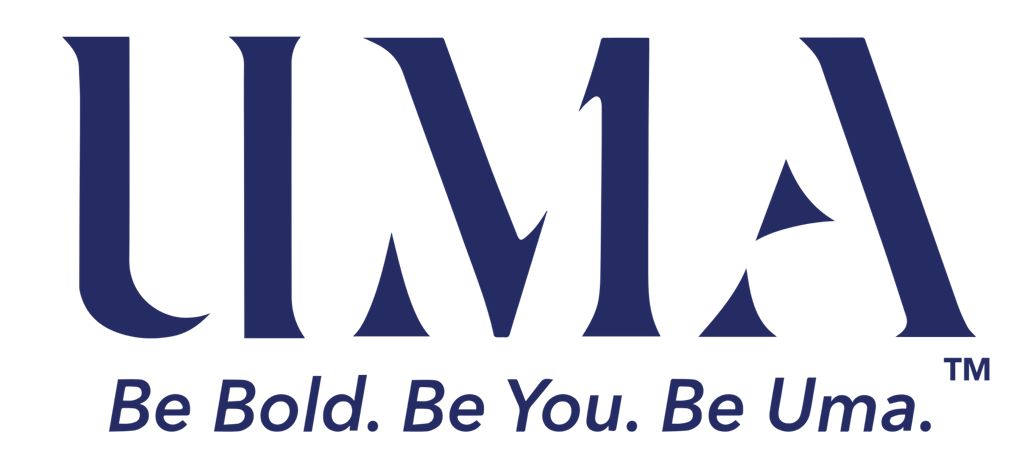We often hear the phrase “actions speak louder than words.” These words are especially true of the work we do at Uma. We talk about empowering women and minorities and using our knowledge, experience and impact to change corporate culture.
It was an absolute honor and truly humbling to be invited to the European headquarters of decision-making and impact – Brussels – as one of few chosen women of influence from around the world. I was here as an ambassador of the West, to represent both the United States and United Kingdom and share my thoughts, present new ideas and influence change. I was to visit European Parliament and deliver a keynote address to influencers at House of the Future, Living Tomorrow on “How Increasing Women’s Influence is Better for the Global Economy.”
My keynote was geared around the importance of increasing women’s influence around the world. A major part of that dialogue is the need to change the narrative of men’s vs women’s roles in society, for example taking time off work following the birth of a child or which parent is normally associated with dealing with a last-minute childcare emergency. The norms are very different around the world. So, I started by painting the picture of an ideal world. The scenario where if women were to play an identical role in labor markets to that of men, then as much as $28 trillion, or 26 percent, could be added to the global annual GDP by 2025. However, with only six women CEOs of FTSE 100 companies, there is an obvious disconnect.
18% men globally feel that staying at home to look after children makes you less of a man. This figure fluctuates depending on the country, symbolizing that changing mindsets isn’t merely corporate culture, but years of cultural traditions embedded into societal norms that may all be contributing to the prevention of true gender parity.
An official of European Parliament and I were later chosen as spokespersons to present an action plan to the other international delegates on the United Nations Sustainable Development Goal number 5, gender equality. First, we presented the importance of understanding that gender equality means that everyone is treated fairly and equally, rather than boosting one gender vs pushing another down. We then talked about fact-based research, delineating regional cultural, societal norms and nuances, and the need to avail existing regulations, policies and legalities. Presenting case studies depicting economic impact would have more impact if conveyed by joint men and women champions, as allies, where roles and responsibilities should be split 50/50.
In order to increase women’s influence, we need to prioritize confidence, recognize unconscious bias in the workplace, and companies need to make a real commitment to inclusion rather than checking off the diversity box. I ended with an ask. Each influencer in the room was to pledge action. To hold the hand of a woman in their own place of work and make an actual effort to pull her up the proverbial ladder.
Thank you to Women Influence Community and to Diplomatic World for bringing together such a formidable group of highly influential and powerful women from all over the world, and for inviting me to be a part of this special sisterhood.

